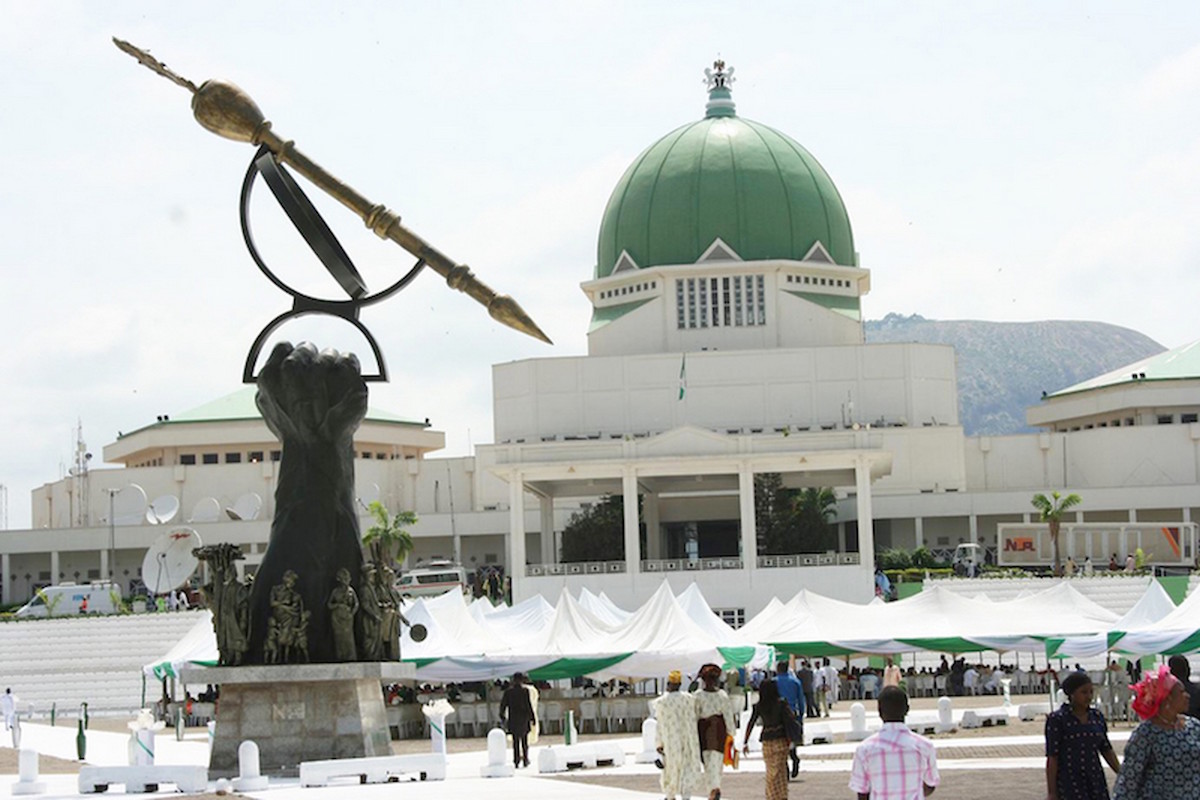A Bill to provide additional seats for women at the national and state houses of assembly last week passed second reading at the House of Representatives.
Deputy Chief Whip, Nkeiruka Onyejeocha, who sponsored the Bill, said the objective is to promote women’s representation. If passed and assented to by the president, the Bill will run over four general elections after which it will either be retained, reviewed upward or discontinued.
- Southern govs’ call for national dialogue diversionary — Ex-Labour leader
- Northern youths’ future’ll be disastrous without education — Sanusi
The Bill proposes 37 additional Senate seats for women, equivalent to one-third of the current total of 109 in the upper chamber. It also recommends 111 more seats in the House of Representatives, which is about one-third of the 360 seats in the House.
However, the Bill is scanty in details as to why it is important to increase women’s representation in parliament. For instance, what is it that women cannot achieve for themselves now because they are too few in parliament? It is hard to find any instance where women lack support from their male counterparts in parliament in pursuit of any legislative matter that is dear to them.
The sponsors of the Bill argued that women had only 4.4 per cent representation in the National Assembly at the moment, making their case one of the lowest in Africa. It is usually fashionable for those pursuing certain objectives to quote figures elsewhere to justify a demand without putting it in context.
At the moment, it seems the Bill merely seeks to gain some parity with men for nothing other than to partake in the proverbial eating of the national cake. This deviates from the primary function of parliament, which is to make good laws that will benefit the land and the people.
The request not only lacks merit but it is being brought up at a perilous time when funds are not even adequate to meet competing demands from critical sectors. Concerns are expressed every day that parliamentarians alone, especially at the national level, are consuming a great chunk of the budget disproportionate to their work. The budget of the National Assembly ranges between N130 billion to N150 billion annually; if the current request passes through, this will skyrocket it to about N200 billion. The number of legislators will rise from a total of 478 to 626. With each member getting N200 million in constituency projects, it will be a wonder if there is anything left at the end of the day for the fundamental function of government.
If members had paused to consider the huge financial implications of increasing the total number of seats in the Senate and the House of Representatives, they would not have embarked on this unnecessary and expensive journey. Therefore, any idea that will increase the money being spent on lawmakers should be jettisoned.
It is worth emphasising that women have risen to the top in the civil service; in banking and finance and in academics and business. They achieved all these by competing with men and beating them at their game. Nigerian women are noted for their intellect and fighting spirit. That is what propelled the likes of Ngozi Okonjo-Iweala, Amina Mohammed and Obey Ezekwesili to top positions at the IMF, the United Nations and the World Bank. They would have been rated low and certainly wouldn’t have been considered suitable for the positions if they were products of affirmative actions. What the House of Representatives has embarked upon will only serve to diminish the worth of women and kill their fighting spirit and the quest for self-actualisation.
If at all there is poor representation of women in politics, whatever needs to be done to correct this should be accomplished within the already existing number, which many Nigerians believe is even too much as it stands. We also believe that political parties have many ways through which they can support women to participate more in politics.
It is our view that this Bill should not have come up at all, considering what Nigeria is going through. The Bill is therefore unnecessary and we urge that no further legislative action should be carried out on it.

 Join Daily Trust WhatsApp Community For Quick Access To News and Happenings Around You.
Join Daily Trust WhatsApp Community For Quick Access To News and Happenings Around You.


